4health with Wholesome Grains Puppy Lamb Formula Dry Dog Food
Help your puppy grow and thrive with the 4health with Wholesome Grains Puppy Lamb Formula Dry Dog Food. The recipe contains DHA, which is an important omega-3 fatty acid that helps with brain and eye development. This dog food is also made with real lamb for quality protein as well as wholesome grains for fiber and digestion. Other essential nutrients, like taurine and probiotics, are added, too, for an overall healthy diet. Introduce your puppy to a healthy, tasty diet with 4health puppy food today. Made in USA.
Help your puppy grow and thrive with the 4health with Wholesome Grains Puppy Lamb Formula Dry Dog Food. The recipe contains DHA, which is an important omega-3 fatty acid that helps with brain and eye development. This dog food is also made with real lamb for quality protein as well as wholesome grains for fiber and digestion. Other essential nutrients, like taurine and probiotics, are added, too, for an overall healthy diet. Introduce your puppy to a healthy, tasty diet with 4health puppy food today. Made in USA.
- DEPENDABLE NUTRITION: 4health is manufactured following rigorous quality-control processes and contains carefully selected ingredients.
- TAURINE: Taurine-fortified to help support a healthy heart.
- DHA: Docosahexaenoic acid, an omega-3 fatty acid, is provided by salmon oil. This fatty acid is important for development of your puppy’s brain and eyes.
- GUARANTEED PROBIOTICS: Each cup of food provides live, active cultures to support healthy digestive and immune systems, and help your dog maintain an active lifestyle.
- SKIN AND COAT: A blend of omega-6 and omega-3 fatty acids helps keep the skin and coat healthy and shiny.
- ANTIOXIDANT FORMULATION: Contains guaranteed levels of zinc, selenium and vitamin E for immune-supporting antioxidant nutrition.
- AAFCO STATEMENT: 4health Puppy Formula for Dogs is formulated to meet the nutritional levels established by the AAFCO Dog Food Nutrient Profiles for All Life Stages including growth of large size dogs (70 lbs. or more as an adult).
Additional information
| Country of Origin | Made in USA |
|---|---|
| Breed Size | Medium |
| Flavor | Lamb |
| Health Features | Brain Health |
| Life Stage | Puppy |
| Primary Flavor | Lamb |
| Special Diets | AAFCO Formulated |
| Manufacturer Part Number | 1858 |

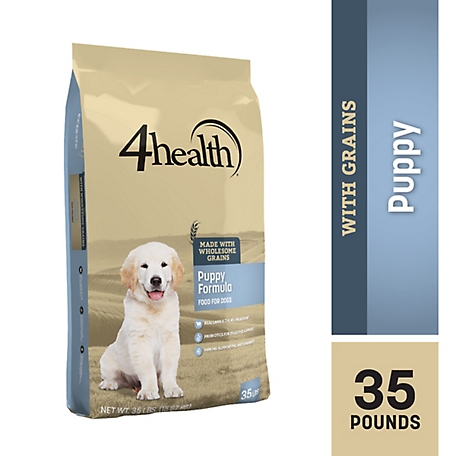
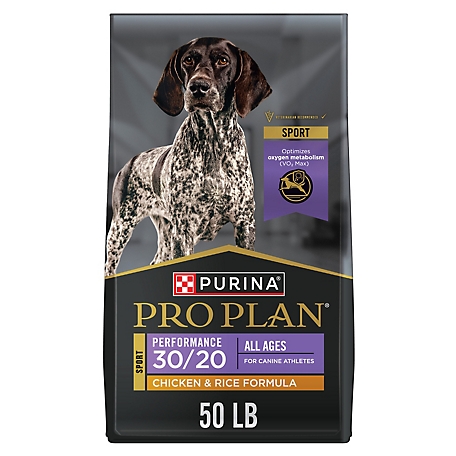

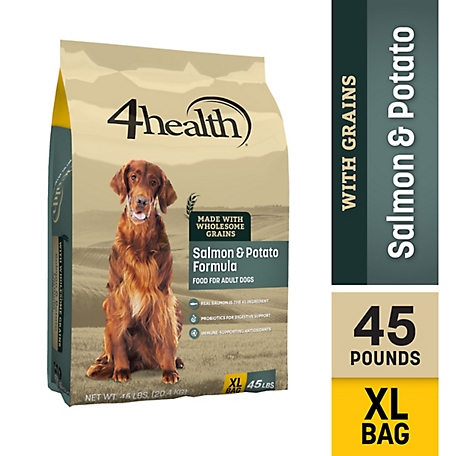
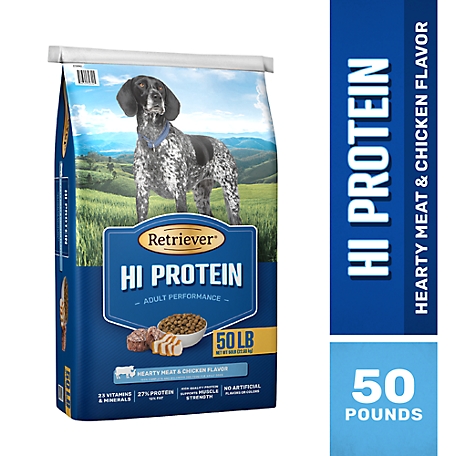

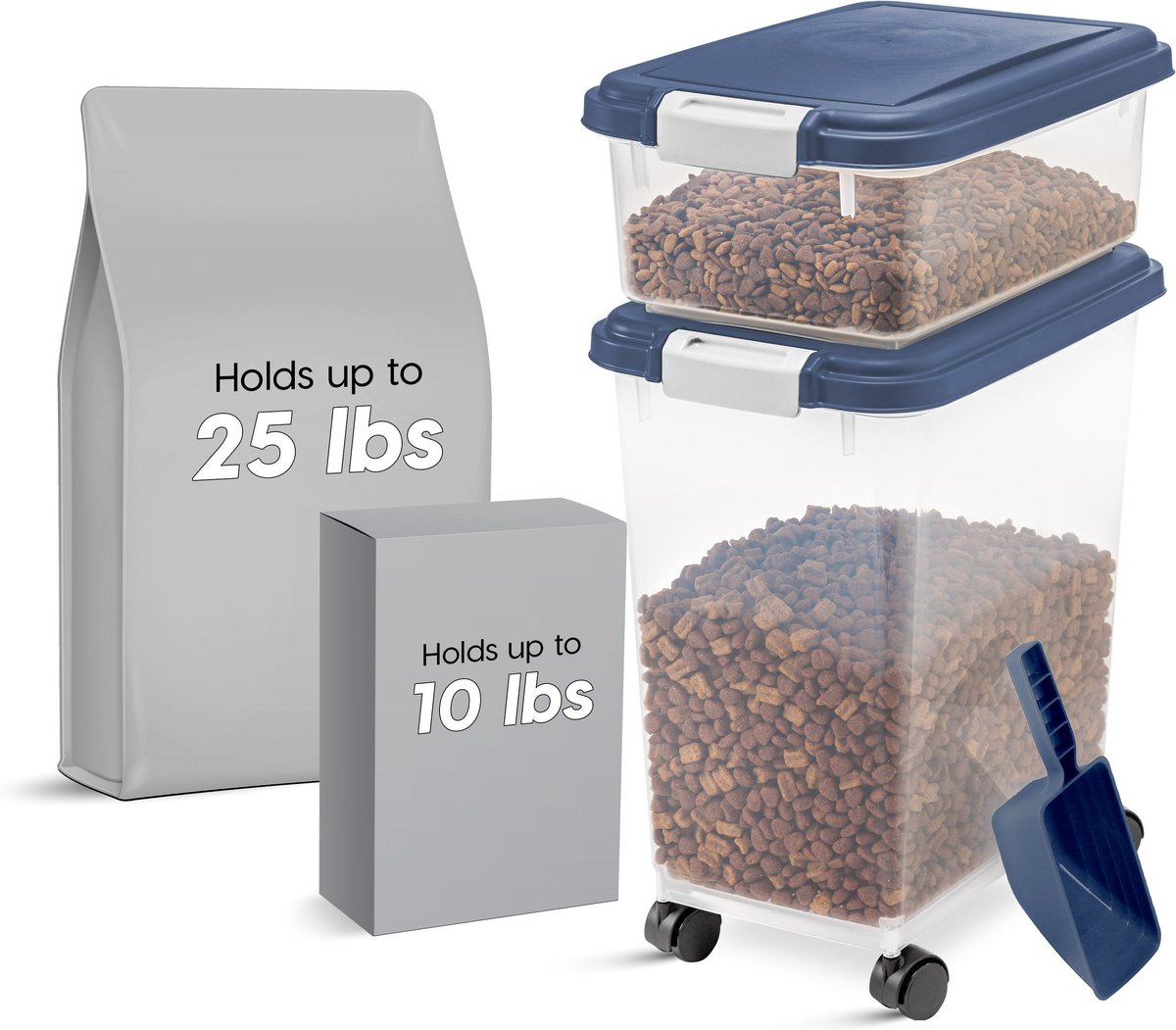
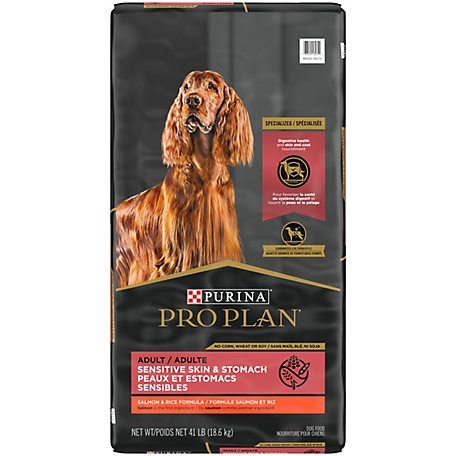
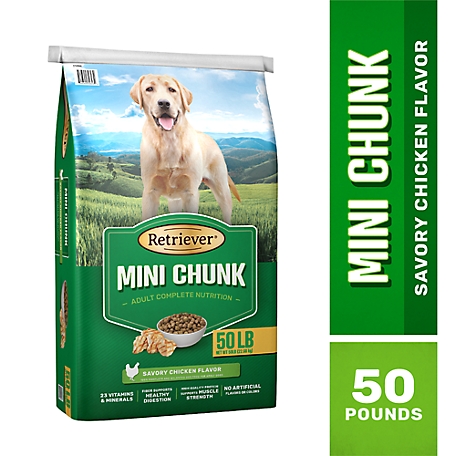
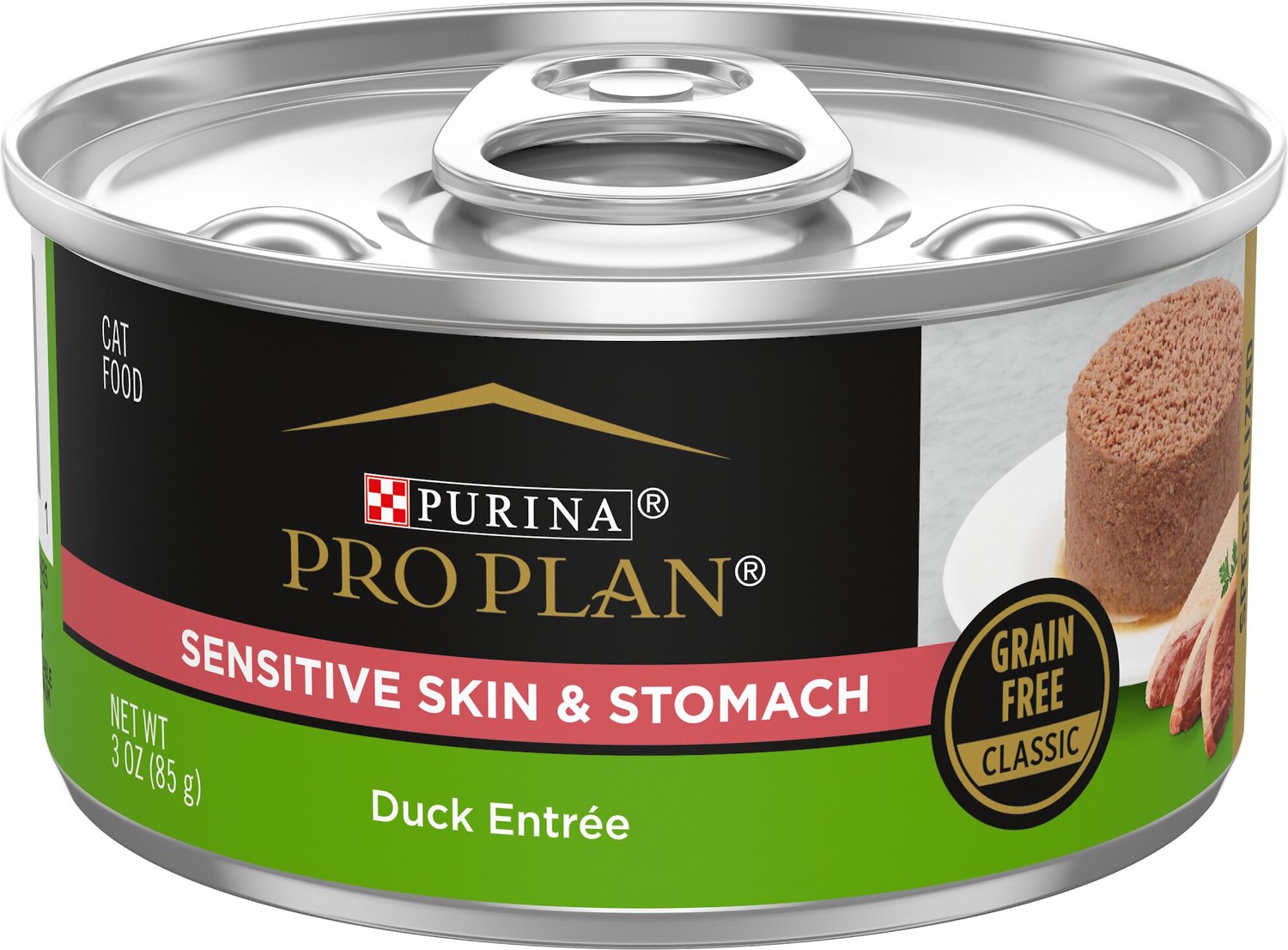
by Nona
Only dog food for my fur babies
by Yum
Great food for our puppy.
by Melissa
Great food my puppy loves it!!
by Colin
I did a lot of research on dog food. I was about to spend a lot of money on puppy food for high quality ingredients through another company that was 5 times the price of this dog food. After careful inspection and review of ingredients I found these to be superior ingredients with a higher caloric content than the other dog food. Very happy with my choice and so is my Great Pyrenees.
by Glamour
Good food our dogs love it